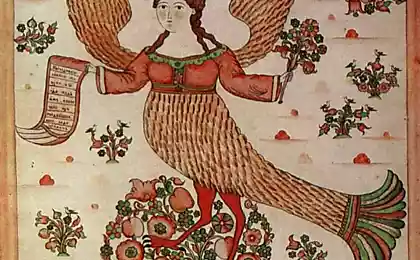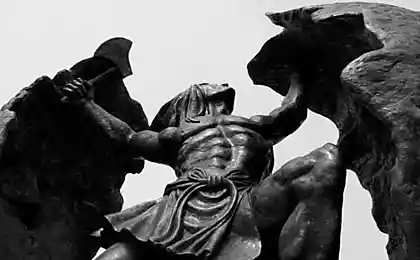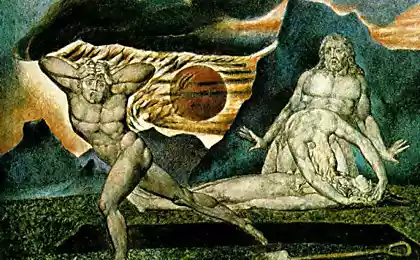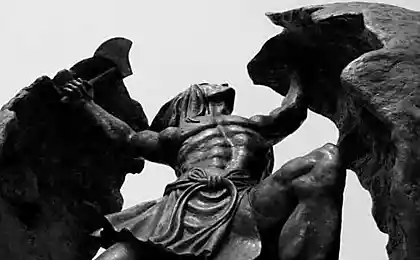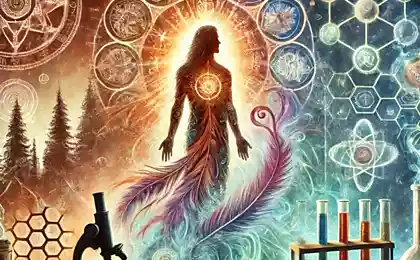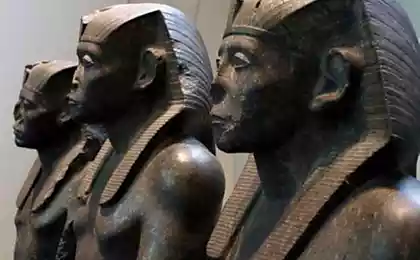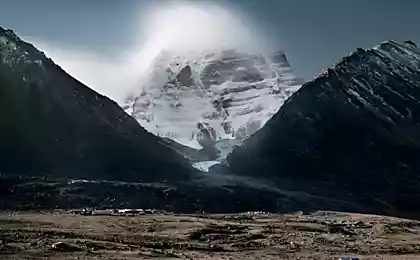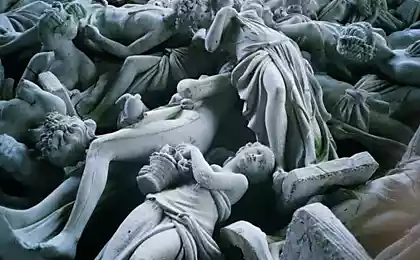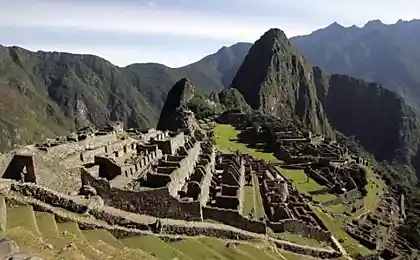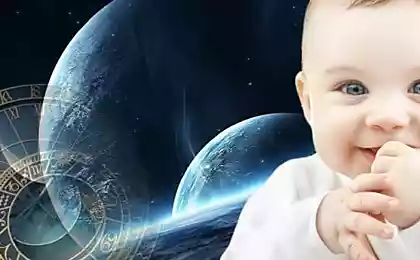2583
Comparison of Buddhist devas and gods of other religions
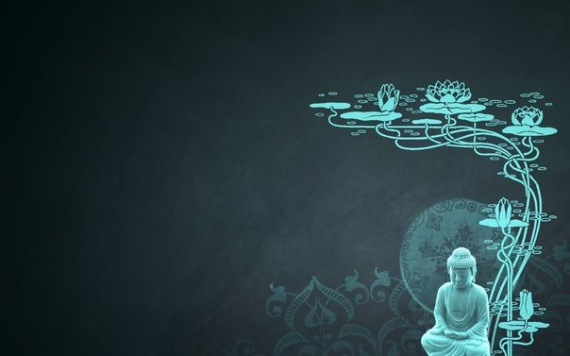
Although it is to translate the term "deva" like a god (sometimes an angel), the Buddhist concept of the devas is very different from the concepts of angels and God in Abrahamic religions.
Buddhist devas are not immortal. They live very long, but for a limited time, though thousands or even billions of years. When they die, they are born in another world, sometimes among other devas, sometimes people in the world, and sometimes even in hell.
Buddhist devas do not create or equip the world. They get to exist as a result of karmic deeds - deeds of past lives, and their appearance is due to the laws of nature soon. They do not affect the periodic destruction and restoration of the universe and the worlds.
Buddhist devas are not incarnations of archetypal deities or manifestations of God's all-encompassing One. And are not symbols. They are individuals, like humans, with their inner world and with his life by.
Buddhist devas are not all-knowing. They differ from the fully Awakened (Buddha), in particular, do not know about the worlds of higher beings than themselves.
Buddhist devas are not omnipotent. Their power is limited and apply in their own world, they rarely intervene in human affairs. If they still appear in the world of men, the most calm giving advice than physically intervening in human affairs.
Buddhist devas are not a model of morality. Even the gods sphere shapes, devoid of human passions, are not devoid of ignorance, pride and arrogance. The gods of the lower realms of sense spheres are experiencing the same feelings and desires that people, even in the lowest lust, jealousy, and anger. They are reborn in this world due to imperfect morality and thoughts.
Buddhist devas are not objects of worship. Although individual devas may have high morals and authority, they can not afford to give asylum or salvation from samsara or to manage the process of rebirth. In Buddhism, the highest veneration deserve the Three Jewels - Buddha, dharman Sangha.


